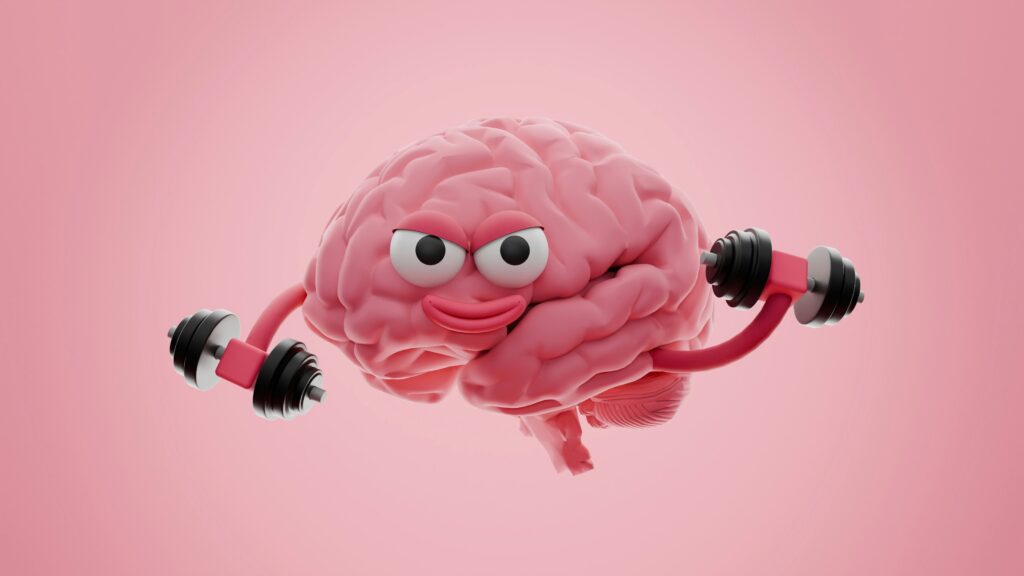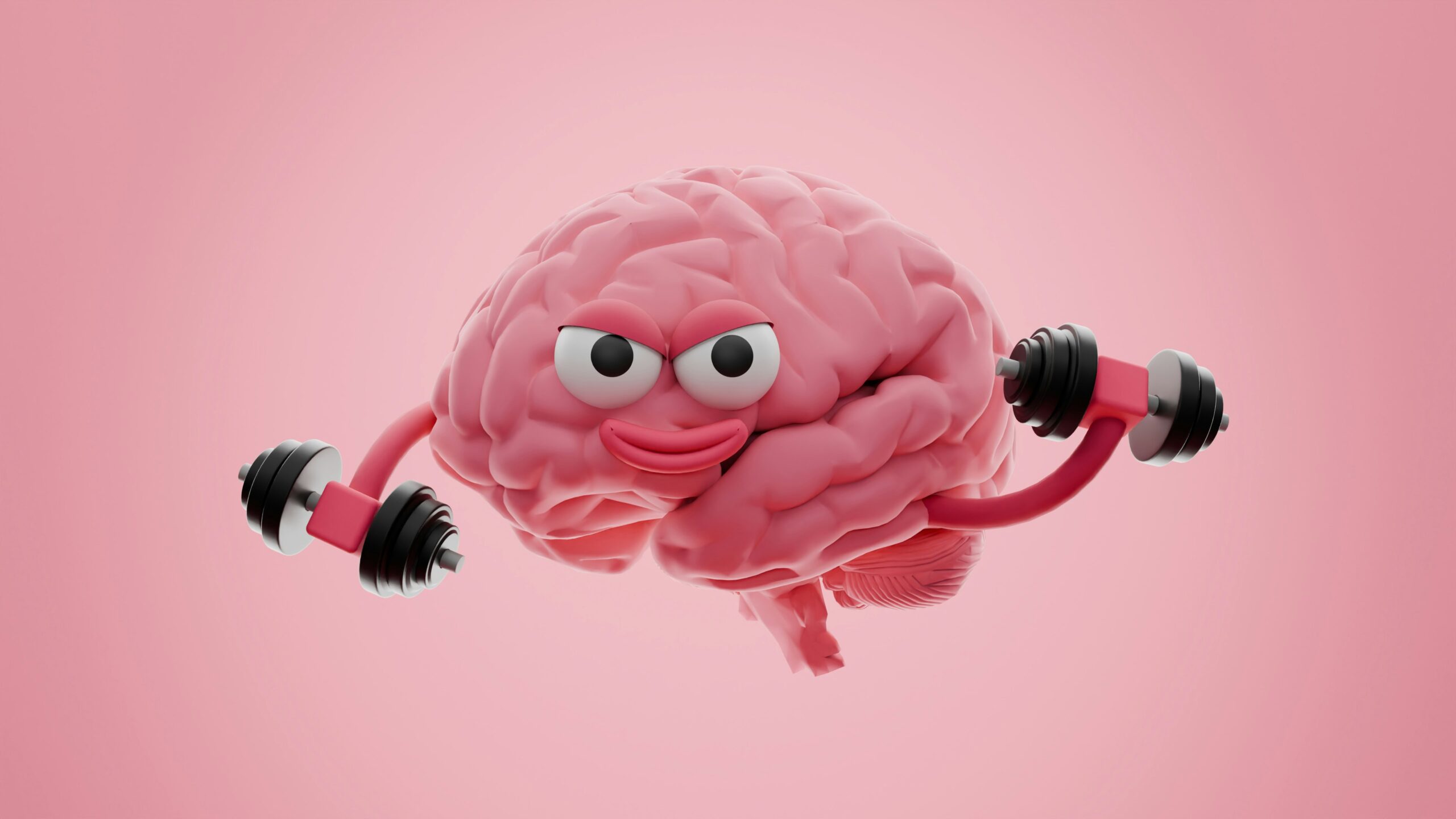
Kelsey Burrows, MA. CMPC. Unchained Mental Performance Coaching
If you’ve been around an athletic arena, are part of the athletic support staff, work in a business or have experience being in a high stress environment (like preparing for a big test), you’ve most likely heard about Mental Performance. Maybe you’ve even seen something about it scrolling through socials or someone told you about it when you decided to evaluate your wellness goals and priorities in life. Regardless of where you heard it, you’re here and I am SO grateful I get to share with you my knowledge and experience with Mental Performance as a Certified Mental Performance Coach (CMPC).
Mental Performance Coach, Sport Psychology Consultant, Cognitive Performance Coach, Mental Performance Consultant, Mental Skills Coach, etc. There are many names that have been used in various settings that speak to the utility and function of what we do. Now, that may not always be clear even with a title which is why I’m here to present what is out there in research and my own experience through becoming a CMPC. The Association of Applied Sport Psychology (AASP) says: “the field of sport and performance psychology focuses on providing every performer the resources to power their inner edge by strengthening the ability to perform, as well as the ability to thrive” (Association of Applied Sport Psychology, (n.d.). About Sport and Performance Psychology. Mental Performance helps create tools to use for high pressure performance situations and for preventative measures. My goals as a CMPC for my clients are to for clients to become empowered through finding self-awareness and building healthy functional habits to use anywhere, anytime.
Mental Performance Coaching can look different from professional to professional. MPC’s can teach mental skills to coaches, athletes, parents, organizations, tactical teams, and in speaking engagements. The areas of performance we help performers with are: to decrease competition anxiety, boost self-confidence, streamline pre-during-post performance/competition routines, build leadership, and bring teams together under one mission. That’s not an exhaustive list however. Some mental skills that are used to boost these areas can be goal setting, self-talk, relaxation routines, awareness building through mindfulness or even team building activities to create cohesion.
On an opposing note, I want to have a conversation about what mental performance ‘is not’ and the misconceptions around this work. There are several differences between someone who is strictly in the field to provide mental performance with a specialization only in performance versus a mental performance coach who provides mental performance coaching and mental health therapy. We have a performance background, not a clinical one. When we are in sessions however, we screen for mental health issues that arise and refer to a Sport Psychologist, Clinician, or Therapist. We don’t prescribe any form of medication like a Psychiatrist would. Therefore, as a Mental Performance Coach, now CMPC, I have the option to return to school to obtain a degree in Clinical Counseling or a PsyD/PhD. Then I would be able to wear both hats without needing to refer. MPC’s can also get mixed up with other professional titles such as Sport Performance Trainer, Training Coach or even Life Coach. We all function to serve athletes and performers. Each profession is important when it comes to the overall wellness of our clients.
Here are three misconceptions I want to address in mental performance.
Misconception 1:
“It’s something I can use as a ‘quick fix’ or a band-aid while I’m looking for real help.”
When it comes to any habit forming exercise whether it’s mental or physical, a ‘quick fix’ will not bring you the long term results you’re looking for. I’ve read in recent research it can take almost two months to form a new habit and just about as long to break one. Each individual can vary depending on their motivation, how long they have and what the reward for such behavior would be (Davenport, S. (2022, October 10)). Think about when it comes to a skill in your sport. It can take you up to 10,000 even 25,000 hours to master it and become an ‘expert.’ Why wouldn’t that be the same for a mental skill?
Misconception 2:
“I’ll only need it when I’m having a mental block.“
Some of these misconceptions can be seen as someone simply having a lack of understand of what we do, how they benefit, and the big picture of mental performance. Additionally there is still a stigma around mental health. This statement is an opportunity to show your client that there’s more to it. This statement couldn’t be any more opposite. Mental Performance is more of a preventative option instead of a last resort. You’ll know if your client is truly ready and bought in when they don’t come to you ‘after-the-fact.’ This is something I believe still needs to be taught in our field and in culture to destigmatize mental health as well. Mental Performance is great for the times you are having a mental block AND it is even more effective when used to prepare for a situation before it ever happens. Here’s a simple example to illustrate why this misconception wouldn’t be helpful in real life. Take school drills for example. It wouldn’t make ANY sense to teach kids how to do a fire drill, tornado drill or active shooter drill as the event is happening would it? NO! It may even make things worse. Drills are taught as a preventative measure so when the time comes (God forbid), you feel confident in what you’ve learned and can carry out the strategy effectively.
Finally…..
Misconception 3:
“I don’t need any mental performance or mental help. I don’t have problems in my sport or performance.”
This one goes back to the stigma of mental health and a lack of understanding around how it truly helps people. In the second and third misconceptions, they focus on the person as having a ‘problem’ that needs solving. In other terms, you may be thinking… “if I have a problem, then there must be something wrong with me.” Nope. Quite the contrary. If you’re trying to get anywhere in life and grow as an individual, you will consider all the paths to get to your version of success. When did it become ‘bad’ to grow mentally as well? We do it all the time right? Otherwise as a species, we wouldn’t have the technology we have today or be anywhere close to where we are in 2025. Mental Performance is another one of those aspects that elevates who you are to bring you closer to who and where you want to be. It’s as simple as that. Last time I checked, we need to grow mentally to mature into our ideal self. We can’t just ‘will’ ourselves to that point. You get me?
WOW. Okay I am seriously impressed if you’ve stuck with me to here. Give yourself a pat on the back! Investing in yourself is a huge choice and one that has many benefits. If you’re someone that is just starting a wellness journey, you’re in the middle of an identity crisis, your coach is putting pressure on you, fill in the blank __________, it may be time to reach out and see what this whole thing is about. I would love to chat with you to see if what I do aligns with your goals for the future and from there we can begin your journey to a higher sense of awareness and purpose!
If any of this resonated with you, please let me know below. To contact me, send me an email at kelsey@unchainedmpc.com or simply fill out my contact form and I’ll get back to as quickly as I can.
With Gratitude and Love,
Kels

Be The First To Comment